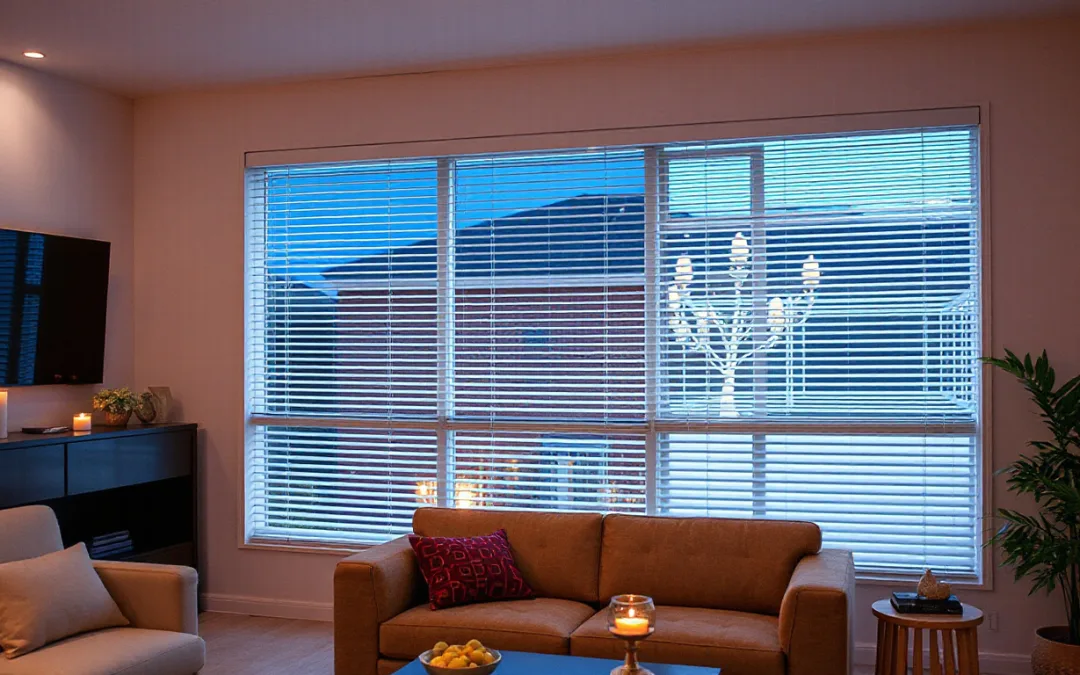In today’s world, where energy efficiency and convenience are paramount, smart blinds have emerged as an innovative solution for modern households.
As intelligent window treatments designed to enhance both comfort and energy conservation, you may wonder, ‘Do smart blinds work with loadshedding?’ This article unravels the truth about smart blinds, particularly their performance during power outages, and examines the energy-saving benefits and convenience they offer.
Whether you’re contemplating an upgrade to your home or simply curious about these cutting-edge devices, understanding their functionality amid load-shedding situations will help you make an informed decision.

Key Takeaways
- Smart blinds utilize technology for enhanced energy efficiency and convenience.
- Loadshedding can disrupt the operation of smart home devices, including smart blinds.
- Some smart blinds have battery backups that maintain functionality during power outages.
- Even in low-power scenarios, smart blinds can provide convenience through manual overrides.
- Evaluating the benefits of smart blinds involves considering their performance during load shedding and overall value.
Understanding Smart Blinds and Their Functionality
In recent years, smart home technology has gained significant traction, leading many homeowners to explore advanced options like smart blinds.
One common question is, ‘do smart blinds work with loadshedding?’ Understanding their functionality can help answer this query.
Smart blinds are designed to automate the opening and closing of window coverings, providing enhanced convenience and energy efficiency.
They typically operate through a Wi-Fi connection or utilize a smart hub to integrate with other smart home devices.
During loadshedding, which refers to planned outages by electricity providers to prevent the grid from overloading, the performance of smart blinds may be affected depending on their power source.
Many models come with battery backups that allow operation even when the main power source is unavailable.
This feature ensures that homeowners can still benefit from privacy and light control during such outages.
Overall, smart blinds not only add style and comfort to living spaces but also adapt to varying power conditions, making them a worthwhile investment for modern residences.
The Impact of Loadshedding on Smart Home Devices
The impact of loadshedding on smart home devices, particularly smart blinds, raises important questions for homeowners looking to maintain comfort and convenience during power outages.
One common query is, ‘do smart blinds work with loadshedding?’ The answer largely depends on the design and technology of the smart blinds in question.
Many modern smart blinds are equipped with battery backup systems that allow them to function independently of the grid, enabling users to control them via mobile apps or smart assistants even when the power is out.
However, some models require a constant power supply, rendering them inoperative during loadshedding.
To ensure that your smart blinds can withstand power failures, it’s essential to select ones designed with a reliable battery function.
Additionally, integrating energy-efficient devices or solar-powered options into your smart home system can further enhance resilience against loadshedding, ensuring that your living space remains intelligent and adaptable in any situation.
‘The best way to predict the future is to invent it.’ – Alan Kay


